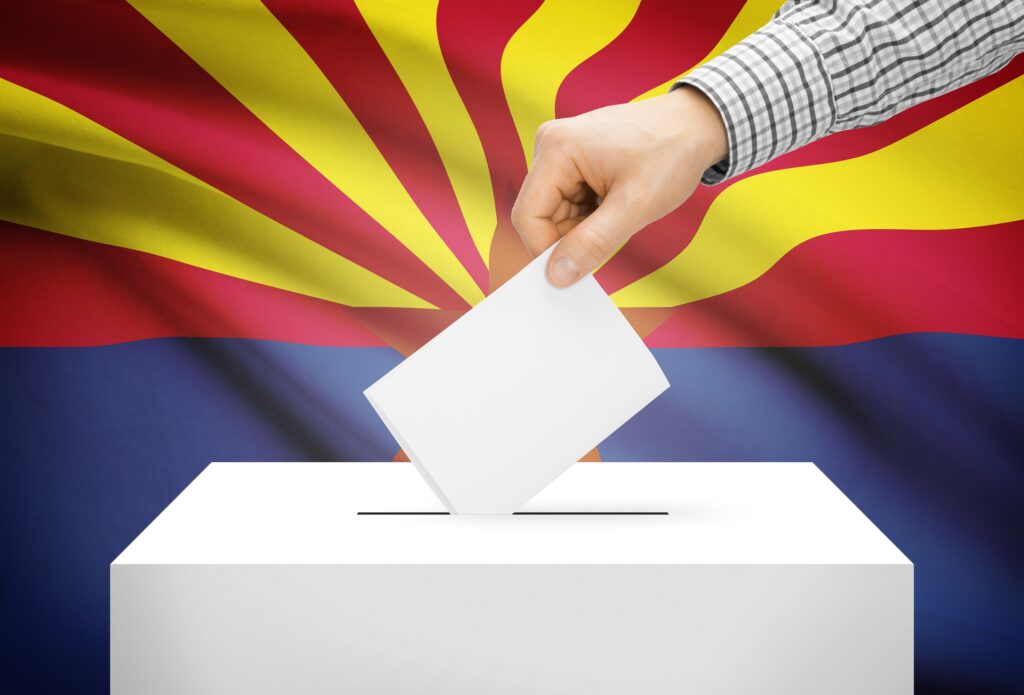Questions to Ask About a Menthol Ban
June 16, 2021
Author
Caroline Kitchens
Former Director, Government Affairs
Introduction
The Biden administration has announced a plan to ban menthol cigarettes, though the specifics have yet to be articulated. Given the serious negative health consequences of combustible cigarettes, the ban will likely benefit public health somewhat. For instance, the Food and Drug Administration (FDA) estimates almost 925,000 people would quit smoking as a result of the ban, while academic meta-analysis suggests even more would try to do so. However, this does not mean that the ban will be easy to implement or lack problems. In investigating the ban, policymakers should pay careful attention to uncertainties and act deliberately.
Read the full study here.










